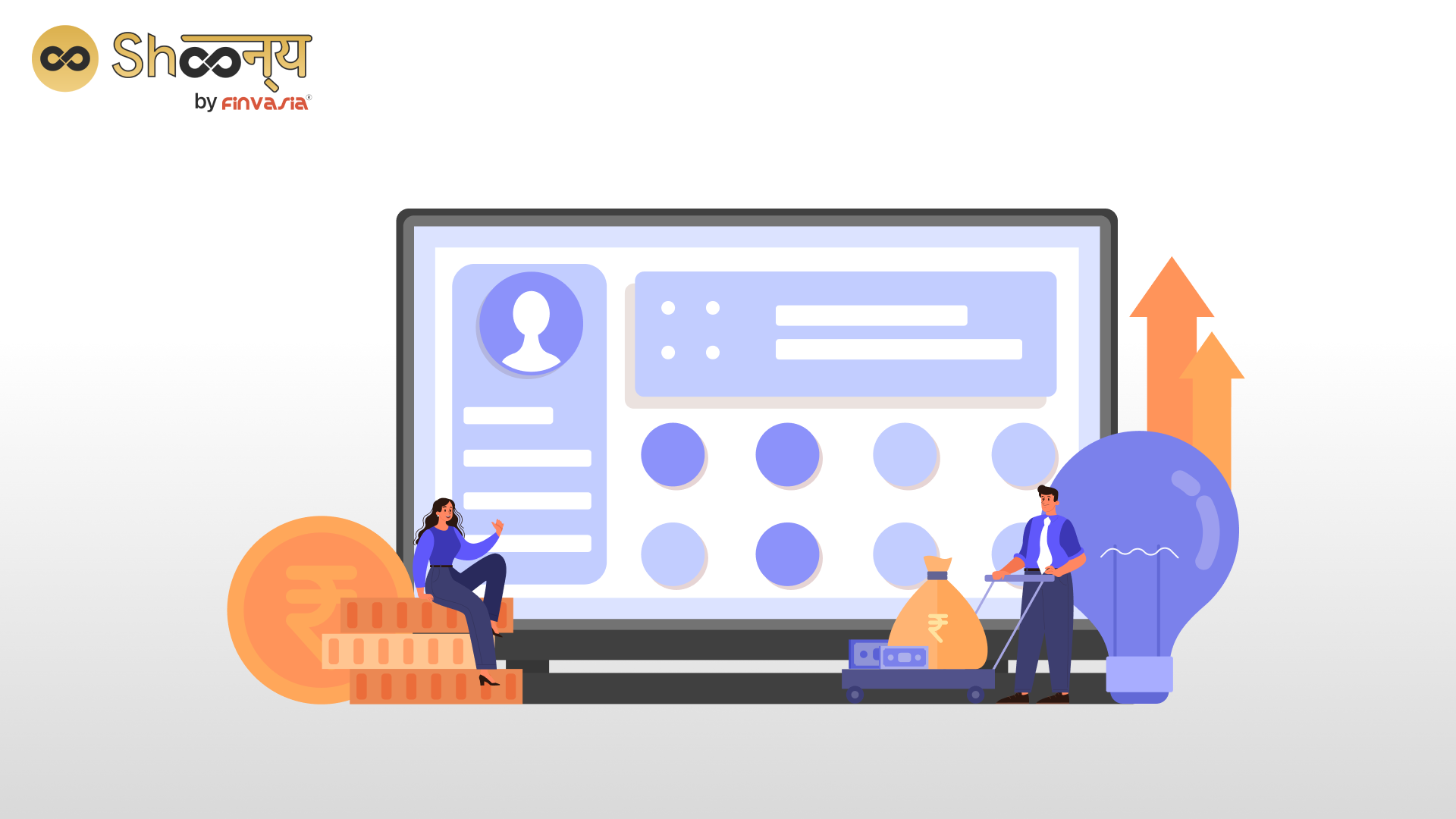Commodity Trading Guide for Beginners of Stock Market in India

Diving into the world of commodity trading can be both exciting and rewarding for investors seeking diversification in their portfolios. However, before you embark on this journey, there are essential aspects to grasp. This guide will walk you through the ins and outs of commodity trading in India through our commodity trading beginner’s guide.
Understanding Commodities
Commodities encompass natural resources such as metals, energy sources, agricultural products, and more. Unlike stocks or bonds, commodities are tangible assets that can be bought, sold, or traded. Their prices are driven by supply and demand dynamics, making them a unique investment option.
For instance, if India faces a severe drought, the prices of grains may surge due to reduced supply. Conversely, an increase in oil production in the Middle East can lead to a global decline in oil prices.
Investors in commodities aim to profit from these price fluctuations while diversifying their investment portfolios. Commodity trading offers protection against inflation and provides exposure distinct from the stock market.
Guide to Commodity Trading: Exploring the Types
Commodities can be integrated into your investment portfolio in various ways, each with its pros and cons.
- Commodity Futures:
- Investors trade commodities through futures contracts, speculating on future prices.
- Requires a specialized broker account for futures and options trading.
- Brokerage firms charge commodity futures trading commissions.
- Physical Commodities:
- For precious metals like gold, investors can own the physical commodity in forms like jewellery, coins, or bars.
- Investing in physical commodities is practical for value-dense assets but may involve high transactional costs.
- Commodities Stocks:
- Invest in the stocks of companies directly involved in specific commodities.
- Stock prices of these companies often correlate with the commodity’s price.
- Offers diversification and reduced risk compared to direct commodity investment.
Commodity Trading vs. Stock Market
Several distinctions set commodity trading apart from the stock market:
1. Leverage:
- Commodity trading often involves higher leverage than stock trading, allowing investors to control larger positions with a smaller upfront investment.
- Leverage can amplify both gains and losses.
2. Duration:
- Commodity trading is typically short-term, especially with futures contracts that have expiry dates.
- Stock market investments tend to be long-term holdings.
3. Trading Hours:
- The commodity market operates 24/7, offering more flexibility in executing trades.
- Stock markets have fixed trading hours during business days.
While commodity trading carries inherent risks, it can also yield significant profits for savvy investors.
Commodity Trading Beginner’s Guide – A Three-Step Process
- Choose a Commodity Broker:
- Select a broker that suits your trading style and budget.
- Consider factors like brokerage fees, services offered, and customer reviews.
- Full-service brokers and discount brokers are two common options.
- Open a Demat and Trading Account:
- A Demat and trading account is essential for commodity trading.
- Submit required documents, including PAN card, Aadhar card, and bank statements.
- Accounts are verified and provided within one business day.
- Make the Initial Deposit:
- Deposit an amount equal to around 10% of the commodity contract value.
- Include a maintenance margin to cover potential losses.
- Maintaining a balance helps prevent margin calls.
Start commodity trading with a free demat account!
Trading for Maximum Profits in Commodities
- Understand the Market Cycle:
- Commodity prices often follow cyclical patterns.
- Recognize these cycles to make informed trading decisions.
- Capitalize on price swings during different phases of the cycle.
- Respect Volatility:
- Volatility in commodities can be high, especially with leverage.
- Practice in less volatile commodities before venturing into riskier assets.
- Be cautious and manage risk effectively.
Conclusion
Commodity trading offers a unique investment avenue for beginners in India. By following this guide and staying informed about market trends, you can navigate the commodity market with confidence and potentially reap substantial rewards. Start your commodity trading journey today!
FAQs| Commodity Trading
Learning commodity trading requires research, education, and practice. Start by reading books, taking online courses, and using virtual trading platforms to gain experience without risking real money.
Success in commodity trading involves a solid strategy, risk management, and staying informed about market trends. Continuous learning, discipline, and patience are key to achieving success.
The best commodity for trading depends on your goals and risk tolerance. Some popular options include gold, crude oil, and agricultural commodities like wheat or soybeans. It’s essential to research and choose commodities that align with your trading strategy.
Golden rules for commodity trading include setting clear goals, managing risk through stop-loss orders, diversifying your portfolio, staying updated on market news, and avoiding impulsive decisions. Discipline and a well-defined trading plan are essential for success.
______________________________________________________________________________________
Disclaimer: Investments in the securities market are subject to market risks; read all the related documents carefully before investing.








